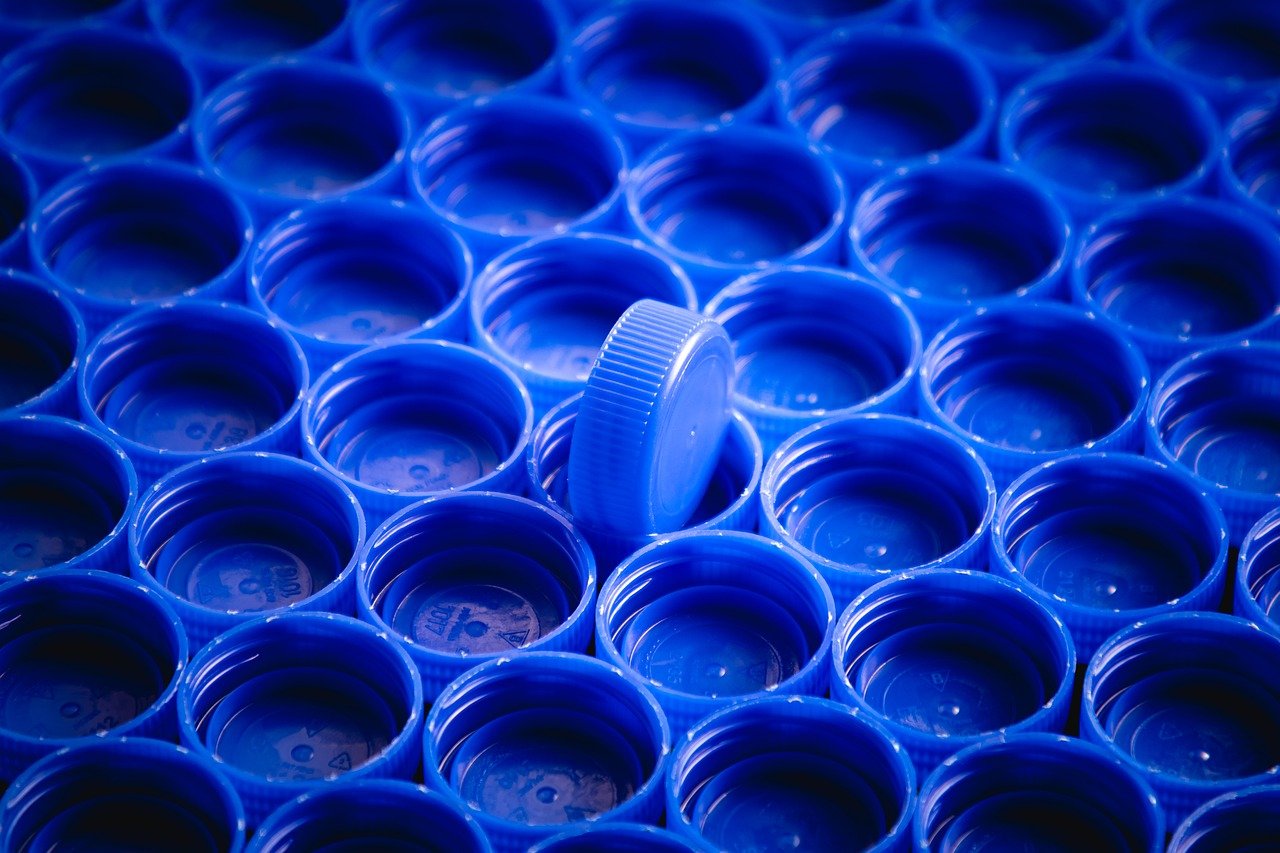* Terms and Conditions apply.

Image by Sadegh Shafiee from Pixabay
Mythbuster: breaking down recycling myths
Recycling contributes to a circular economy by reducing waste sent to landfills, conserving natural resources, and minimizing environmental impact. It helps close the loop on resource consumption and waste generation, creating a more sustainable system. Let’s look at some common recycling myths.
Myth 1: recycling doesn't save energy
One common misconception about recycling is that it doesn't save energy. In reality, recycling is an energy-saving process that reduces the need for new materials, which require more energy to produce. For instance, recycling paper uses 40% less energy than making new paper from raw materials.
Myth 2: all paper can be recycled
Not all paper can be recycled. Paper contaminated with food or grease cannot be recycled as it can contaminate the entire batch. Check with your local recycling program to see which paper types are accepted.
Myth 3: A product labelled as "natural" or "eco-friendly" is always environmentally friendly.
Labels like "natural" and "eco-friendly" can be misleading. Just because a product is labelled as such doesn't guarantee it's environmentally friendly. It's important to research and look beyond the label to determine if a product is truly sustainable and eco-friendly.
Myth 4: Compostable plastics can be recycled
Compostable plastics may seem like a good substitute for traditional plastic, but they can't be recycled like regular plastic. They need specific conditions to decompose and can't be recycled in regular programs. It's best to compost them instead.
For more information on recycling in Hong Kong visit GovHK.